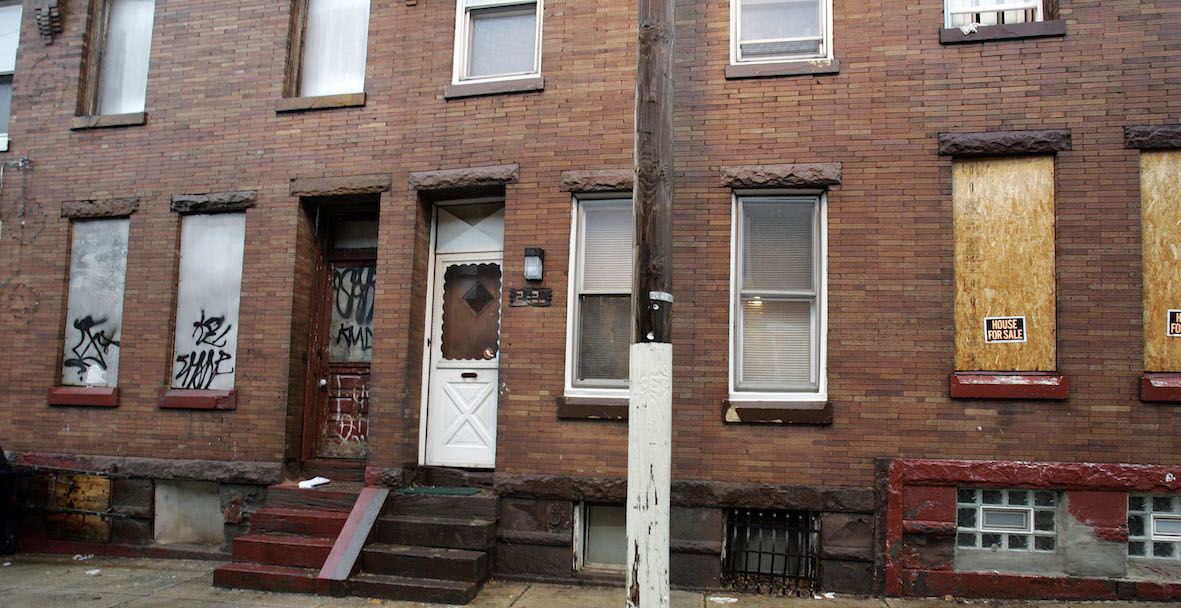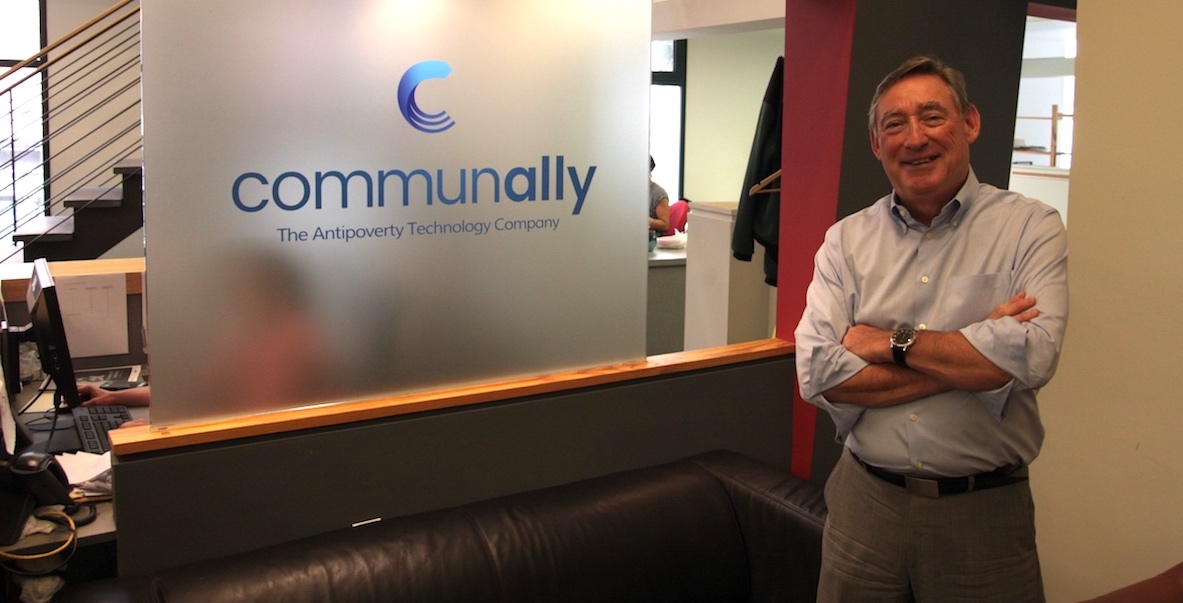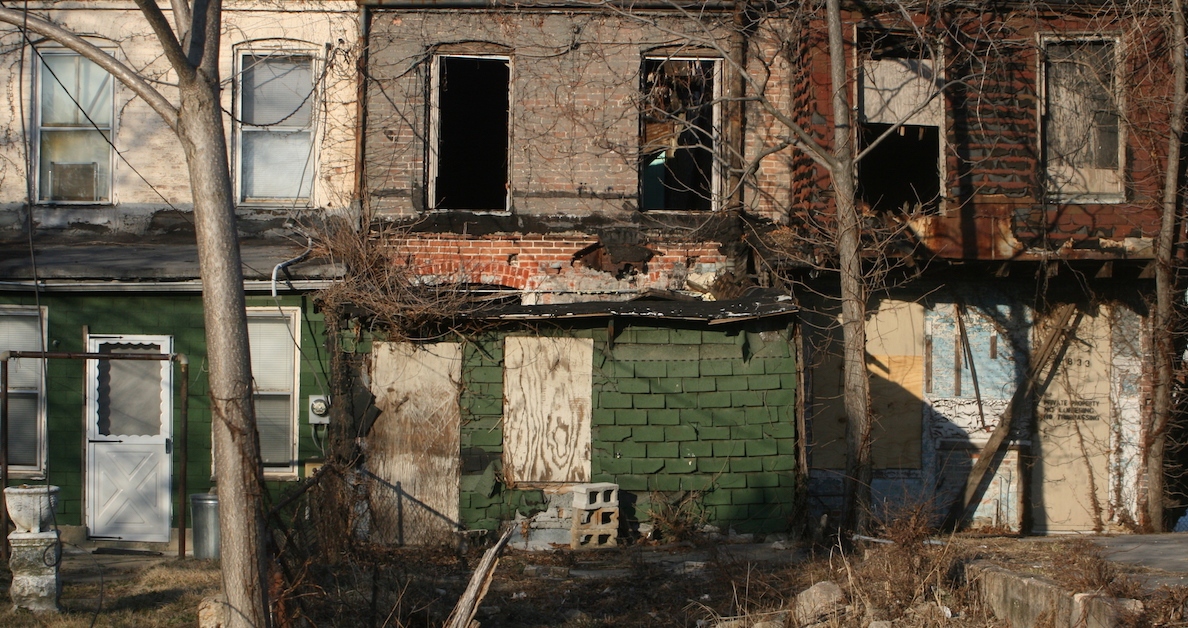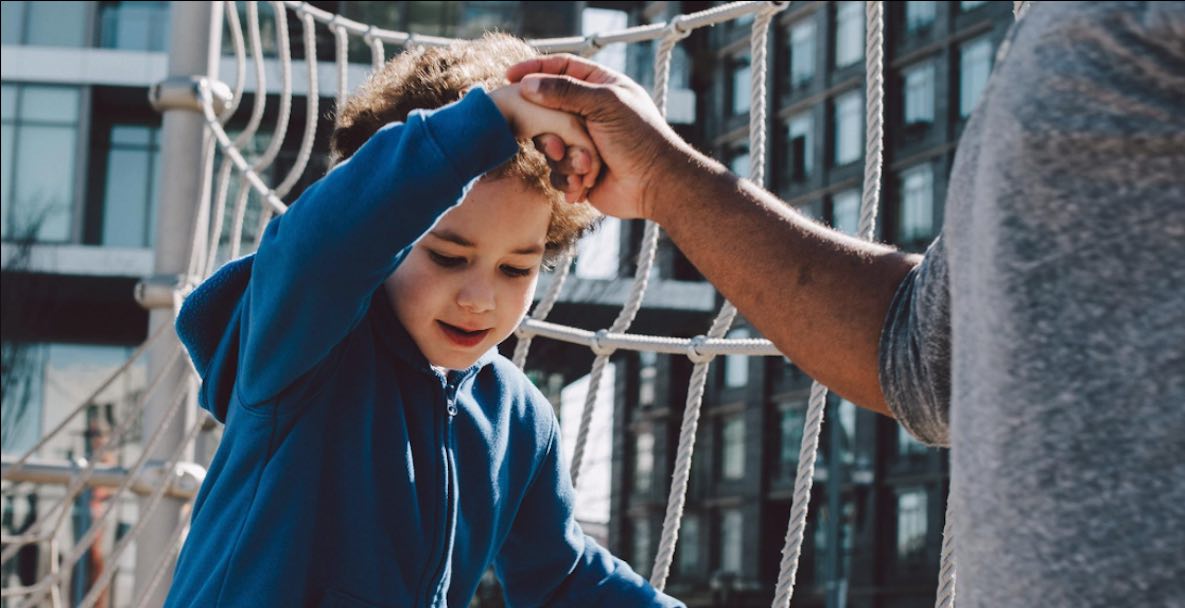When Patrick Kindred was 12 years old, an adult friend talked him into doing something pretty radical for a sixth grader: Riding a bike 206 miles from Portland, Oregon, to Seattle, Washington. It was…challenging, to be sure. But it also proved something to Kindred that his friend Carlos Baca already knew—that he could do whatever he set his mind to.
This wasn’t something Kindred might otherwise have learned. Born into poverty, to a drug-addicted mother (also born into poverty) and a father who left when he was young, he and his two siblings spent their lives pretty much neglected in foster care. He was on a generational path to the same old story as his parents, and their parents before them—poverty too often begets nothing more than more poverty.
When Kindred was five years old, he met Baca through a then-nascent Portland![]() organization called Friends of the Children, which has as its mission disrupting the cycle of poverty through consistent and positive adult interaction. Over the next 12 years, Kindred spent several hours a week with his mentor, meeting with teachers, watching inspirational sports movies, working on college applications—being pushed to push himself, whether on a bike or on the football field, in school or in his relationships. Baca, who called Kindred “PK”, a shortened version of “Promise Keeper,” held out for him the promise of a better life.
organization called Friends of the Children, which has as its mission disrupting the cycle of poverty through consistent and positive adult interaction. Over the next 12 years, Kindred spent several hours a week with his mentor, meeting with teachers, watching inspirational sports movies, working on college applications—being pushed to push himself, whether on a bike or on the football field, in school or in his relationships. Baca, who called Kindred “PK”, a shortened version of “Promise Keeper,” held out for him the promise of a better life.
At 26, Kindred is the first college grad in his family, works in the legislative office of the state’s Health and Human Services department, and helps shape state policies for children in foster care. He is on an upward trajectory, determined not only to shed his own personal history of poverty, but also help change the course for others like him—because, he says, of Friends of the Children. “If I needed a place to clear my head, someone to ask advice from, to show someone a good grade, one person to show up at a football game, or when I was at halftime awards, and needed a parent to stand with—for me, it was my mentor,” Kindred says.
Of children in the program, 83 percent graduated high school, though 60 percent have a parent who did not; 98 percent avoided teen parenthood, though 85 percent were born to a teen parent; and 93 percent avoided the criminal justice system, though 50 percent have an incarcerated parent.
Kindred was among the first graduates of Friends of the Children, a 25-year-old program that takes a long and deep view of mentorship. Unlike other programs like Big Brothers Big Sisters, Friends of the Children pays its mentors, who typically stay with the program for around seven years. It recruits the neediest of the neediest children, and works with them for 12.5 years, from kindergarten until they graduate high school, using data and metrics to track their progress, understand their needs and help them find a path to their own success. So far, the group has 350 graduates, with thousands of more children still in the pipeline, and it’s expanding around the country.
Friends of the Children was founded by Duncan Campbell, a Portland native not ![]() unlike the children he came to serve, with alcoholic parents who spent his childhood in and out of jail. He overcame the odds, went to law school and became a probation officer, where he realized most of his clients wouldn’t be there if they they had had caring adults who helped them early in their lives. Campbell went on to found Campbell Global, a timber investment company he sold in 1992, when he decided to turn his attention to children in poverty.
unlike the children he came to serve, with alcoholic parents who spent his childhood in and out of jail. He overcame the odds, went to law school and became a probation officer, where he realized most of his clients wouldn’t be there if they they had had caring adults who helped them early in their lives. Campbell went on to found Campbell Global, a timber investment company he sold in 1992, when he decided to turn his attention to children in poverty.
First, though, Campbell wanted to find out what worked. He hired a researcher to scour the country for replicable programs that helped children escape the generational cycle of poverty. He couldn’t find any. But he did uncover the three factors needed for a successful start to life for young people: graduating high school; avoiding the juvenile justice system; and avoiding teen pregnancy.
More than that, Campbell concluded from his research how to help kids with all three. “The research showed that if you can find children between 4 and 6, at the highest risk, and provide a caring adult for the long term, you can change their trajectory,” says Terri Sorenson, national president of Friends of the Children.
In its 25 years, mostly spent exclusively in Portland, the group is almost unfailingly successful. Among foster care youth who have stayed with the program through at least sophomore year of high school, 83 percent graduated high school, though 60 percent have a parent who did not; 98 percent avoided teen parenthood, though 85 percent were born to a teen parent; and 93 percent avoided the criminal justice system, though 50 percent have an incarcerated parent. Compare that to those without Friends: 58 percent graduation rate, 71 percent teen pregnancies, 25 percent involved with juvenile justice system.
There is no question that Philadelphia—where 25 percent of residents live below poverty—has a need for a program like Friends of the Children. And Sorenson says she would love to see it expand here—if local philanthropists can put up the $1.5 million needed for three years of operating expenses
The children in Friends of the Children are, intentionally, those with the most dire need, chosen in two ways: Through referrals from the foster care system; or from observations at Kindergarten classes in high poverty areas. At schools, Sorenson says staff members observe classes for six weeks to find the neediest kids—those who don’t come to school, wear the same clothes, are aggressive or withdrawn. Schools make the first call to caregivers, followed by Friends of the Children, which Sorenson says will spend as long as two months trying to recruit a family. “The harder it is to get a meeting with parents, the more we know the child is in need,” she notes. Once they do meet with parents, they usually sign on.
Once enrolled, each child is assigned a “life navigator,” who spends three to four ![]() hours a week with them, visiting their classroom, taking them out in the city, to ball games, museums, parks. To the child, it may be mostly fun; but it is also very intentional. “We’re helping them find their special skill or talent—art, sports, public speaking—and using that spark to help them grow and become more confident,” Sorenson says.
hours a week with them, visiting their classroom, taking them out in the city, to ball games, museums, parks. To the child, it may be mostly fun; but it is also very intentional. “We’re helping them find their special skill or talent—art, sports, public speaking—and using that spark to help them grow and become more confident,” Sorenson says.
Mentors follow up every meeting with a report that tracks their friends’ growth in the “core assets” that lead to resilience—things like self-management, perseverance, hope and relationship building—pulled from academic studies from researchers such as Penn’s MacArthur Genius Award winner Angela Duckworth and Tufts University professor Richard Lerner. Over time, this tracking shapes the activities and focus of time spent together, to help see kids through their turbulent adolescent years and on to a successful adulthood.
In some regards, Friends of the Children’s navigators are like social workers, though Sorenson says the group doesn’t like to think of it that way. The mentors are “friends,” all about the children, regardless of where they live, what court is involved, what other caretakers are around. Life navigators have college degrees, and undergo a rigorous screening and training process; they promise to work for at least three years but stay on average for seven, and some as long as 20. (Now the children usually have one mentor up until about 4th grade, and then another into their middle and high school years.) Each mentor, who earns around $33,000 to $43,000 a year, works one on one with eight children at a time.
Friends of the Children graduated its first group of children, in Portland, in 2003. In 2001, it started expanding to a few other cities, including the Bronx, Seattle, Boston, Austin, Charlotte, Chicago and Los Angeles.
There is no question that Philadelphia—where 25 percent of residents live below poverty—has a need for a program like Friends of the Children. And Sorenson says she would love to see it expand here—if local philanthropists can put up the $1.5 million needed for three years of operating expenses, which would include funding for a local executive director, development director and programming director, as well as enough friends to take on 24 new children each year. That can be one big donation, as in Los Angeles, to which former Microsoft CEO Steve Ballmer helped bring the program, or many, as in Austin, where 50 people who have done well in the tech industry raised $1.7 million for the program last year.
Friends of the Children has two board members in Philly, neither of whom are currently working to bring it here—though both say they would join an effort to do so. “It would be incredible to have it here,” says Partheev Shah, an executive at education nonprofit BELL, who moved here about a year ago from New York, where he sits on the Friends local board. “And I don’t see it as insurmountable. We just need a champion who’s willing to step up locally to take the charge.”
Header photo: Matthew Sorenson







